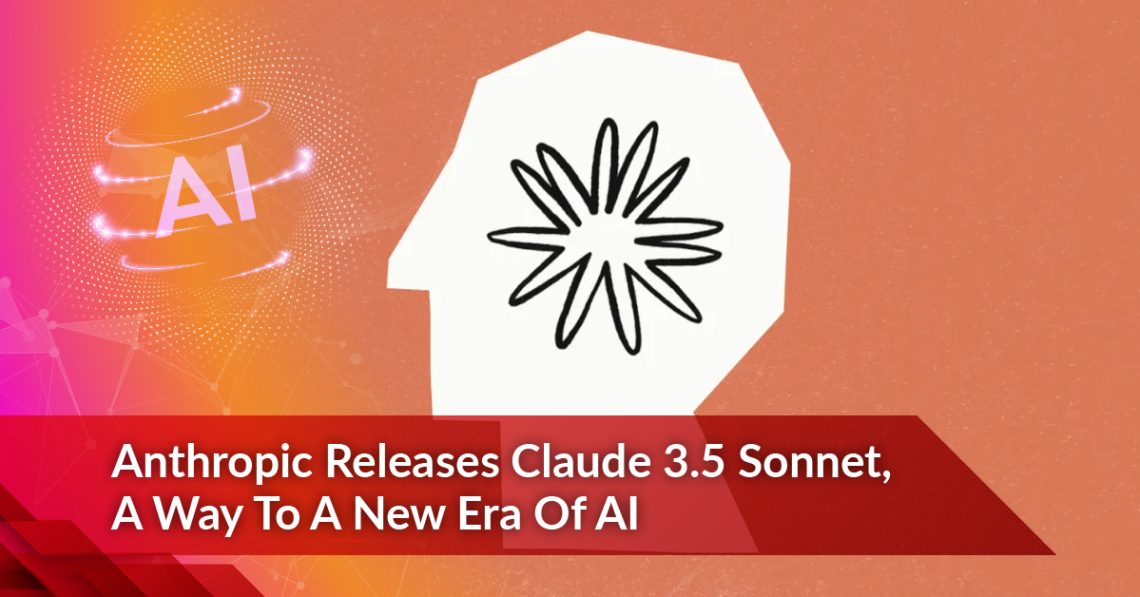Following Claude 3 in March, Anthropic has once again demonstrated its technological prowess by officially launching the Claude 3.5 Sonnet model today. As the pioneer of the Claude 3.5 model family, this model has been opened for free trial for global users, marking another important step in the field of artificial intelligence.
The release of Claude 3.5 Sonnet has not only attracted a lot of attention in the industry, but also demonstrated its excellent performance in a number of reviews. According to the test data, the model supports a context window of 200K tokens, and at the same time, it also surpasses OpenAI’s GPT-4o and its own Claude 3 Opus in many areas, which is undoubtedly a testament to Anthropic’s profound accumulation and innovation in the field of artificial intelligence.
In terms of cost, Claude 3.5 Sonnet also demonstrates a very high price-performance ratio. It costs only $3 per million input tokens processed and $15 per million output tokens, in line with its predecessor. This pricing strategy allows users to utilize the model more flexibly without worrying about the high cost.
Claude 3.5 Sonnet’s performance improvements go beyond processing power and set new industry benchmarks in several areas. The model achieves significant advantages in Graduate Level Reasoning (GPQA), Undergraduate Level Knowledge (MMLU), and Coding Ability (HumanEval). This means that Claude 3.5 Sonnet is more capable of handling complex tasks and generating high-quality content.
In addition to its powerful reasoning and coding capabilities, Claude 3.5 Sonnet has also made breakthroughs in its visual capabilities. Not only is it able to accurately recognize textual content in images, but it is also able to incorporate powerful code generation capabilities for true integration of multiple modalities. This feature makes Claude 3.5 Sonnet promising for applications in retail, logistics and financial services.
Claude 3.5 Sonnet also demonstrated excellent performance in an internal smart body coding evaluation. It solved 64% of the problems, significantly outperforming the 38% of its predecessor, Claude 3 Opus. This result demonstrates that Claude 3.5 Sonnet can write, edit and execute code independently, with sophisticated reasoning and troubleshooting capabilities, supported by instructions and associated tools.
It is also worth noting that Claude 3.5 Sonnet has realized significant improvements in operational speed. It runs twice as fast as its predecessor, making it even more suitable for complex tasks and multi-step workflow orchestration. At the same time, Claude 3.5 Sonnet maintains the speed and cost advantages of a medium-sized model, enabling users to work more efficiently with this model.
In addition, Anthropic has released a detailed test report that demonstrates how well Claude 3.5 Sonnet performs in a number of areas. In particular, Claude 3.5 Sonnet demonstrated greater accuracy and discretion in tests of request rejection, reducing false rejections and increasing the percentage of correct rejections. This feature makes it more reliable and intelligent in handling user requests.
In summary, Anthropic’s release of the Claude 3.5 Sonnet model is undoubtedly a landmark product. It not only achieves significant performance improvements, but also demonstrates excellent capabilities in several areas. With the continuous development of AI technology and the expansion of application scenarios, Claude 3.5 Sonnet is expected to play an even more important role in the future and lead the arrival of a new era of AI.
Are you ready to dive deeper into the topics you love? Visit our website and discover a treasure trove of articles, tips, and insights tailored just for you!





